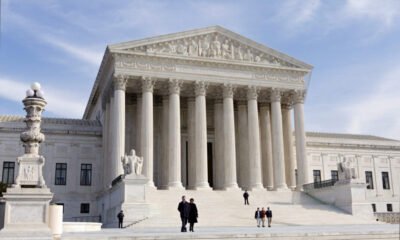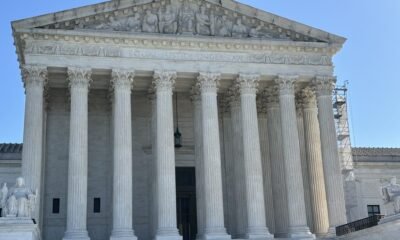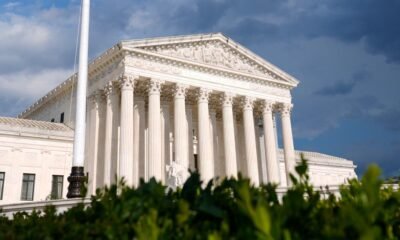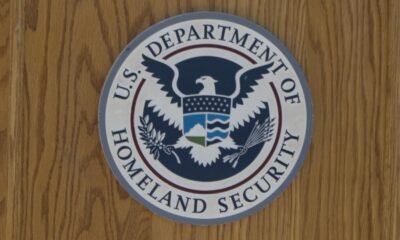Education
Supreme Court Decision Shifts Power to Religious Parents Over LGBTQ+ Book Access in Schools
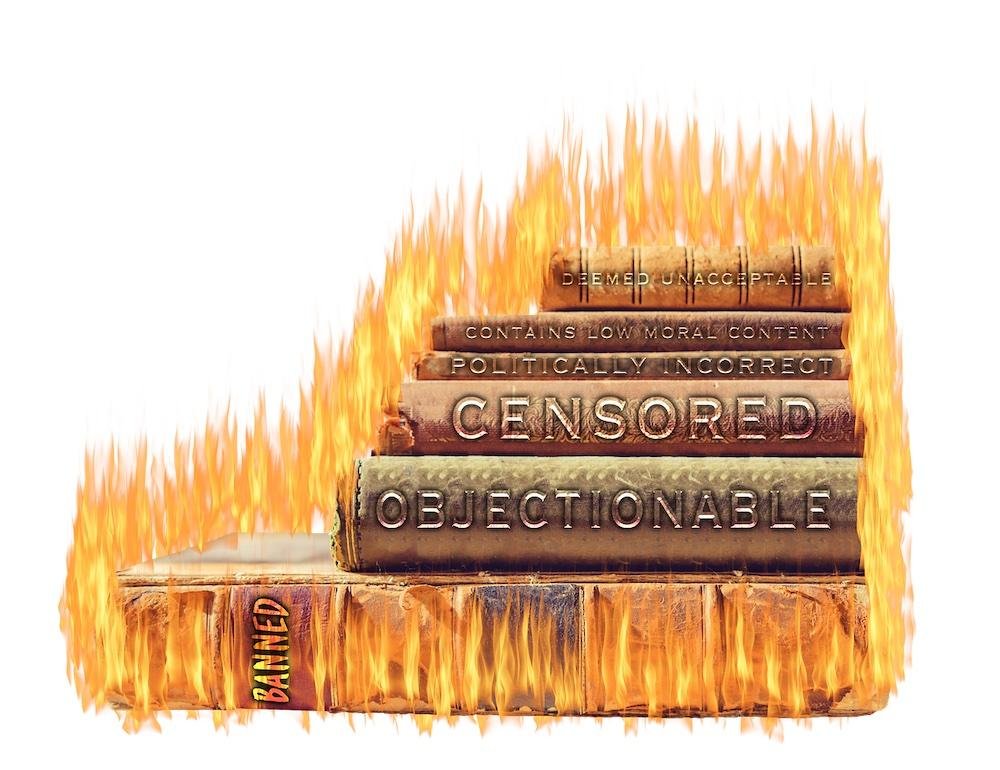
This story was originally reported by The 19th.
In a landmark decision, the Supreme Court has ruled in favor of Maryland parents who challenged the inclusion of LGBTQ+-themed books in public school curriculums. This 6-3 ruling in the case of Mahmoud v. Taylor has significant implications for religious liberty and could reshape public education across the country.
Justice Samuel Alito, who penned the majority opinion, emphasized the longstanding recognition of parents’ rights to guide their children’s religious upbringing. “Government policies that substantially interfere with the religious development of children violate these rights,” he stated.
The decision raises alarms among education advocates, who argue it risks escalating tensions surrounding religion, education, and LGBTQ+ rights. The controversy originated during the 2022-’23 school year when the Montgomery County Board of Education introduced books featuring LGBTQ+ themes—stories about families at Pride parades and children exploring gender identities—in elementary schools.
Initially, the school board allowed parents to opt their children out of reading these materials. However, this policy was rescinded, creating logistical issues and concerns that it could stigmatize LGBTQ+ students.
A coalition of Muslim, Catholic, and Orthodox Christian parents subsequently took legal action, claiming the books promoted “gender ideology,” a term associated with anti-trans rhetoric from prior administrations. With representation from the conservative law firm Becket: Religious Liberty for All, they argued that exposing their children to these books infringed upon their First Amendment rights.
The ruling may incite school districts to preemptively exclude potentially controversial books to avoid similar disputes. Critics warn this could embolden conservative groups and further restrict educational content, particularly in red states, where laws limiting discussions on “sensitive topics” have already been enacted.
If this decision accelerates a trend toward ideologically driven public education policies, LGBTQ+ and other marginalized students may face heightened exclusion and discrimination in the academic environment.
